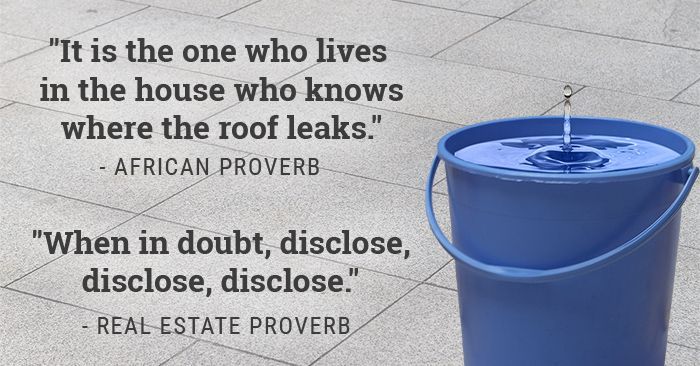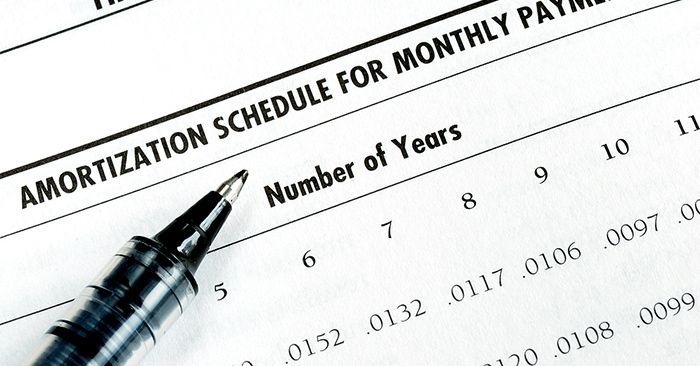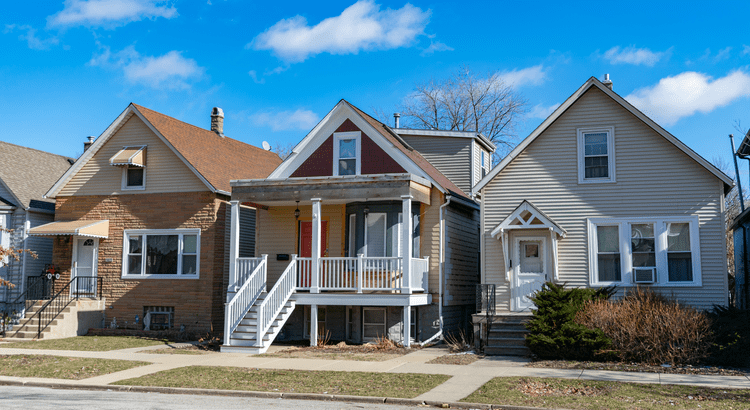Home Inspections Are on the Rise Again, but Should Sellers Get a PRE-inspection Before Hitting the Market?

For a while now, buyers were waiving their inspection contingency just to stay competitive in bidding wars in many markets.
But that’s starting to shift.
While waiving inspections still happens in some areas and price points, it’s no longer the default move for every buyer. More and more, we’re seeing offers that include the right to inspect—especially in markets where things are cooling just a bit or buyers feel they have some leverage.
If you’re planning to sell, it’s time to expect that your buyer may want a home inspection. And honestly? That’s completely normal.
In fact, doing a home inspection is far more common than skipping one. So don’t take it personally or assume something’s wrong when a buyer wants to have a closer look at the property.
Is there a chance your buyer will discover an issue with your house? Of course.
Could they come back with a list of things they want you to fix or credit—some of which might feel a little over the top? Yup.
Will any of it be a deal breaker? Maybe…
According to a recent article from the National Association of REALTORS®, the number of home sales falling out of contract has been on the rise. Around 6% of contracts were canceled in recent months—and in May alone, nearly 15% of homes under contract didn’t make it to closing.
Deals can fall apart for all kinds of reasons, but one of the biggest culprits behind many of those cancellations is likely issues uncovered during the home inspection. Which is why the article suggests getting ahead of potential problems by doing a “pre-inspection” before listing.
It’s not a bad idea in some situations—but it’s not the right move for everyone. So before you schedule that pre-listing inspection, here are a few things to consider.
3 Things to Consider Before Getting a Pre-inspection on Your Home
With the growing number of deals falling apart, it’s no surprise that some sellers are being advised to get a pre-listing inspection—essentially hiring a home inspector before the house even hits the market. On the surface, it sounds like a smart strategy: find out what’s wrong before the buyer does, fix what needs fixing, and reduce the risk of surprises that could derail the deal later.
And in some cases, it really can help. But before you add it to your to-do list, it’s worth looking at the bigger picture. A pre-inspection isn’t a one-size-fits-all solution—and it may come with a few unintended consequences sellers don’t always consider.
- Once you know about it, you have to disclose it.
- Let’s say you already know there’s a water stain on your ceiling. You’ll need to disclose or fix that anyway. But maybe you haven’t been up in the attic in a while, or ever. If your inspector finds signs of a roof leak up there, that’s something you now know about. Which means it’s something you now legally need to disclose to buyers, even if it wasn’t visible before.
- This isn’t about hiding things (that’s never the goal), but it’s worth understanding: a pre-inspection can expand your disclosure obligations.
- The buyer will probably still get their own inspection.
- Just because you’ve had one done doesn’t mean the buyer will accept it and move on. In many cases, they’ll still bring in their own inspector. And guess what? Their inspector might see something yours didn’t. Or interpret the same issue differently.
- So while a pre-inspection can help reduce surprises, it’s not a magic shield against inspection negotiations later on.
- You might feel pressure to fix more than you need to.
- With a pre-inspection, there’s a temptation to fix every single issue before going to market. That might not be necessary—or even wise. Some buyers are perfectly fine with small cosmetic flaws or outdated systems, especially if they’re reflected in the price. Fixing things just because they showed up in your report could cost you time and money without adding much return.
- You may be better off just letting the buyer do their own inspection and letting you know what they found and what they feel needs to be addressed.
Lean on Your Agent’s Advice
There’s no one-size-fits-all answer to whether you should do a pre-inspection or not. It really depends upon your particular home, the local market conditions, and even the price range your house falls within.
So before you schedule any inspections—or skip them altogether—have a candid conversation with your agent about what makes the most sense for your situation.
Your agent can help you weigh the pros and cons based on your home’s condition, your local market, and the type of buyer you’re likely to attract. They can also refer you to trusted home inspectors—ones who provide thorough, honest reports at a fair price. (Not all inspectors are created equal, and your agent likely has experience working with the good ones.)
The Takeaway:
More buyers are doing inspections again. That’s not a bad thing. It’s just a return to normal—and a chance for buyers to feel confident about the home they’re purchasing.
As a seller, that means being prepared for the possibility of inspection negotiations and knowing how to navigate them without letting the deal fall apart.
While a pre-inspection can be helpful, it’s not a one-size-fits-all solution. It may prevent surprises, but it could also open up new ones. Before deciding, talk to your real estate agent. They’ll help you understand what makes sense in today’s market—and how to move forward with confidence.
Share this post




